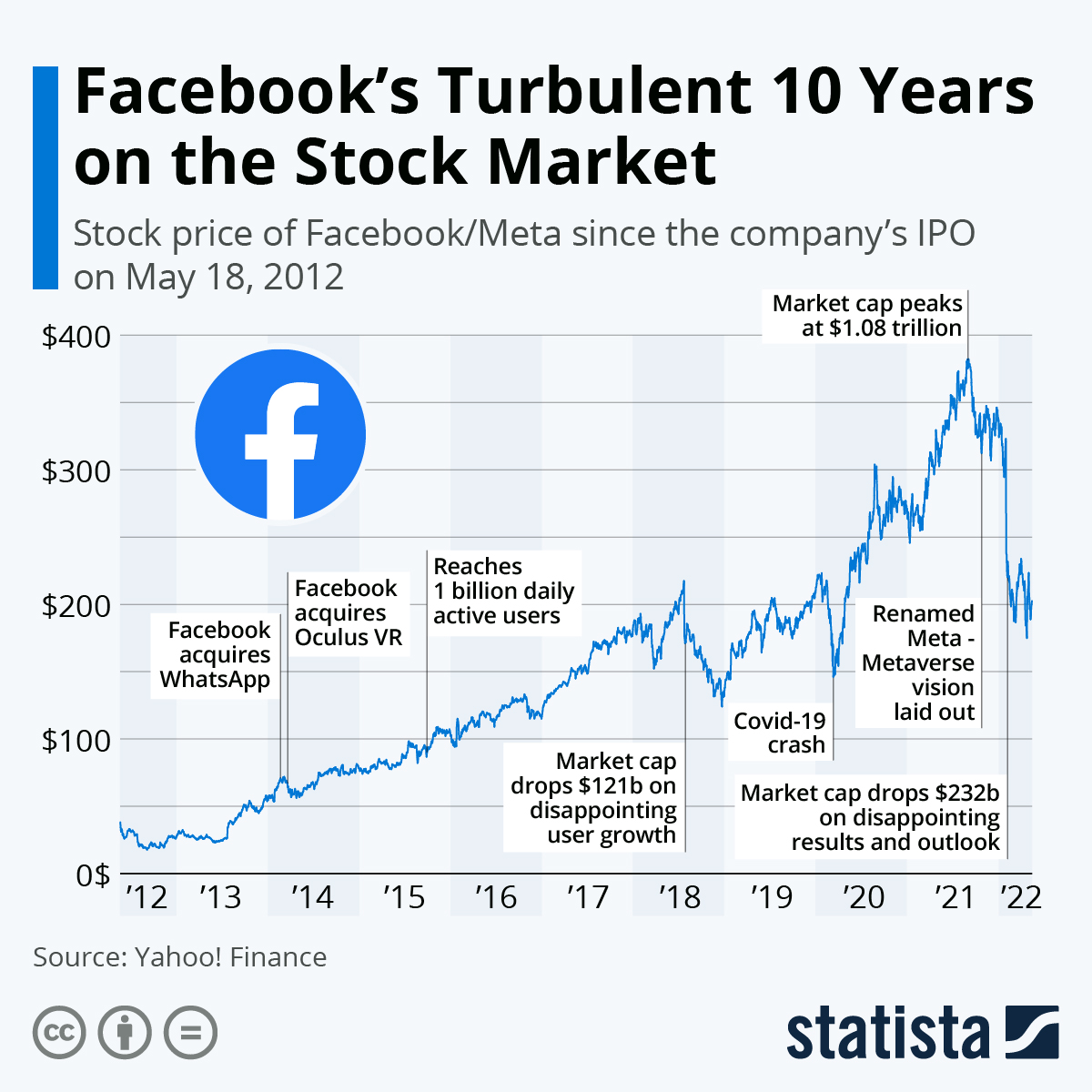
Copy trading allows investors to follow traders, and mimic their trades without any risk. This is a good way to learn from others' experience in the financial market, especially for those with limited time and money.
This strategy allows you to follow the trades other investors for a set fee. It's a great way of gaining an understanding of the market and can provide an income. It is also an effective way for people to build their portfolios, as it allows them to diversify their investments.
What is the copy trader?
Copy traders make their money by following other investors' trades. These people often charge a subscription fee to receive their trading signals, and it can be a lucrative venture. The signal provider should have a solid track record, consistently generating above-average profits for their clients.

Whom should I copy?
When choosing a copy trader, you should consider their trading style and risk profile. You can then determine if their investment style and goals are compatible with yours. Look for copy trading platforms which allow you to view the risk indicators of traders before committing your funds.
Copy trading strategies can vary depending on which market they focus on. Trend following, momentum trading and swing trading are the most popular strategies.
These strategies work when the market is trending. However, they can also cause losses. You should choose a strategy that suits you, and then stick to it.
Is Copy Trading Legal?
Although it is not illegal for you to copy any trade, it is best to research the subject before you commit. This will prevent you from losing money that you have worked hard for. You will learn how to trade and understand what makes a successful or unsuccessful trader.

How to become an online copy trader
It is not difficult to launch your own copy trading company, since you can charge a monthly subscription fee for trading signals. It's vital to research and find a service with a solid reputation.
The best copy traders are usually those with a large following, consistent performance, and a high return on equity. They must be able to give trading signals on different timeframes, currencies and markets.
How to setup a copy-trading account
If you decide to open a copy account, you will need to decide how much you are willing and able invest in each trader. It will depend on the performance of the trader, the fees charged, and the account type you are using. You should fine-tune the settings of your account once you have chosen a few providers to ensure that you are able to mimic their trading performance. Setting a stop loss is also important for each trader. It will protect you from potential losses.
FAQ
How do you choose the right investment company for me?
Look for one that charges competitive fees, offers high-quality management and has a diverse portfolio. Commonly, fees are charged depending on the security that you hold in your account. Some companies don't charge fees to hold cash, while others charge a flat annual fee regardless of the amount that you deposit. Others charge a percentage on your total assets.
It's also worth checking out their performance record. If a company has a poor track record, it may not be the right fit for your needs. Companies with low net asset values (NAVs) or extremely volatile NAVs should be avoided.
You also need to verify their investment philosophy. Investment companies should be prepared to take on more risk in order to earn higher returns. If they aren't willing to take risk, they may not meet your expectations.
Why is marketable security important?
An investment company exists to generate income for investors. It does this by investing its assets into various financial instruments like stocks, bonds, or other securities. These securities are attractive to investors because of their unique characteristics. They can be considered safe due to their full faith and credit.
Marketability is the most important characteristic of any security. This is the ease at which the security can traded on the stock trade. You cannot buy and sell securities that aren't marketable freely. Instead, you must have them purchased through a broker who charges a commission.
Marketable securities are government and corporate bonds, preferred stock, common stocks and convertible debentures.
These securities are often invested by investment companies because they have higher profits than investing in more risky securities, such as shares (equities).
What is the role and function of the Securities and Exchange Commission
Securities exchanges, broker-dealers and investment companies are all regulated by the SEC. It also enforces federal securities laws.
What's the difference between the stock market and the securities market?
The whole set of companies that trade shares on an exchange is called the securities market. This includes stocks, options, futures, and other financial instruments. There are two types of stock markets: primary and secondary. The NYSE (New York Stock Exchange), and NASDAQ (National Association of Securities Dealers Automated Quotations) are examples of large stock markets. Secondary stock market are smaller exchanges that allow private investors to trade. These include OTC Bulletin Board Over-the-Counter, Pink Sheets, Nasdaq SmalCap Market.
Stock markets have a lot of importance because they offer a place for people to buy and trade shares of businesses. The value of shares is determined by their trading price. New shares are issued to the public when a company goes public. These newly issued shares give investors dividends. Dividends are payments made by a corporation to shareholders.
Stock markets provide buyers and sellers with a platform, as well as being a means of corporate governance. Boards of directors, elected by shareholders, oversee the management. Boards make sure managers follow ethical business practices. If the board is unable to fulfill its duties, the government could replace it.
What is a mutual funds?
Mutual funds can be described as pools of money that invest in securities. Mutual funds offer diversification and allow for all types investments to be represented. This reduces risk.
Mutual funds are managed by professional managers who look after the fund's investment decisions. Some mutual funds allow investors to manage their portfolios.
Most people choose mutual funds over individual stocks because they are easier to understand and less risky.
Stock marketable security or not?
Stock is an investment vehicle that allows investors to purchase shares of company stock to make money. You do this through a brokerage company that purchases stocks and bonds.
Direct investments in stocks and mutual funds are also possible. There are over 50,000 mutual funds options.
The key difference between these methods is how you make money. Direct investment is where you receive income from dividends, while stock trading allows you to trade stocks and bonds for profit.
In both cases you're buying ownership of a corporation or business. If you buy a part of a business, you become a shareholder. You receive dividends depending on the company's earnings.
Stock trading gives you the option to either short-sell (borrow a stock) and hope it drops below your cost or go long-term by holding onto the shares, hoping that their value increases.
There are three types for stock trades. They are called, put and exchange-traded. Call and put options give you the right to buy or sell a particular stock at a set price within a specified time period. ETFs, which track a collection of stocks, are very similar to mutual funds.
Stock trading is very popular because it allows investors to participate in the growth of a company without having to manage day-to-day operations.
Stock trading can be a difficult job that requires extensive planning and study. However, it can bring you great returns if done well. If you decide to pursue this career path, you'll need to learn the basics of finance, accounting, and economics.
What is a Stock Exchange, and how does it work?
A stock exchange is where companies go to sell shares of their company. This allows investors and others to buy shares in the company. The market sets the price of the share. It usually depends on the amount of money people are willing and able to pay for the company.
Stock exchanges also help companies raise money from investors. To help companies grow, investors invest money. They buy shares in the company. Companies use their funds to fund projects and expand their business.
Many types of shares can be listed on a stock exchange. Some shares are known as ordinary shares. These are the most popular type of shares. Ordinary shares are traded in the open stock market. Prices of shares are determined based on supply and demande.
Preferred shares and bonds are two types of shares. When dividends become due, preferred shares will be given preference over other shares. Debt securities are bonds issued by the company which must be repaid.
Statistics
- Individuals with very limited financial experience are either terrified by horror stories of average investors losing 50% of their portfolio value or are beguiled by "hot tips" that bear the promise of huge rewards but seldom pay off. (investopedia.com)
- "If all of your money's in one stock, you could potentially lose 50% of it overnight," Moore says. (nerdwallet.com)
- Our focus on Main Street investors reflects the fact that American households own $38 trillion worth of equities, more than 59 percent of the U.S. equity market either directly or indirectly through mutual funds, retirement accounts, and other investments. (sec.gov)
- Ratchet down that 10% if you don't yet have a healthy emergency fund and 10% to 15% of your income funneled into a retirement savings account. (nerdwallet.com)
External Links
How To
How to create a trading plan
A trading plan helps you manage your money effectively. It helps you identify your financial goals and how much you have.
Before creating a trading plan, it is important to consider your goals. It may be to earn more, save money, or reduce your spending. If you're saving money you might choose to invest in bonds and shares. If you earn interest, you can put it in a savings account or get a house. Perhaps you would like to travel or buy something nicer if you have less money.
Once you have an idea of your goals for your money, you can calculate how much money you will need to get there. This will depend on where and how much you have to start with. It is also important to calculate how much you earn each week (or month). Your income is the net amount of money you make after paying taxes.
Next, save enough money for your expenses. These expenses include rent, food, travel, bills and any other costs you may have to pay. These expenses add up to your monthly total.
You'll also need to determine how much you still have at the end the month. This is your net discretionary income.
You're now able to determine how to spend your money the most efficiently.
To get started with a basic trading strategy, you can download one from the Internet. Ask an investor to teach you how to create one.
Here's an example spreadsheet that you can open with Microsoft Excel.
This displays all your income and expenditures up to now. It includes your current bank account balance and your investment portfolio.
Another example. This was created by a financial advisor.
It will let you know how to calculate how much risk to take.
Remember: don't try to predict the future. Instead, think about how you can make your money work for you today.